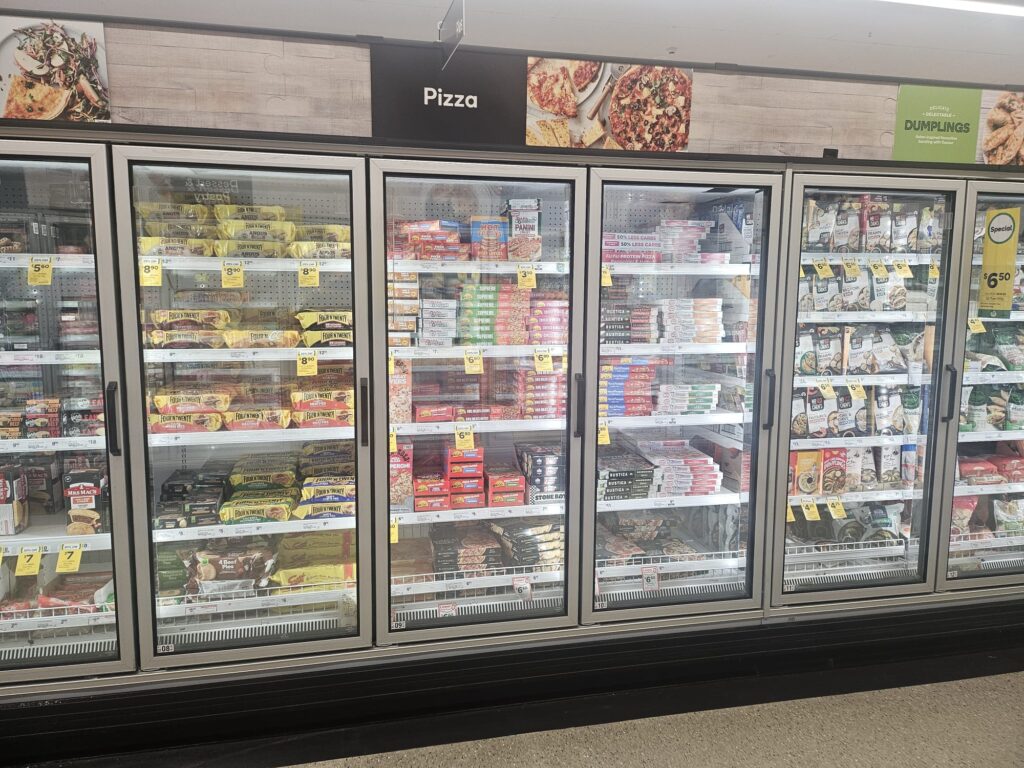[ad_1]
Gregoria Estrada has begun to exercise more after using the Healthy Juntos (Healthy Together) app developed at the University of Miami Miller School of Medicine. The app aims to teach Hispanic families about eating healthy and exercising to combat obesity, which is linked to cancer.
When her daughter’s pediatrician recommended she try out a smartphone app, Gregoria Estrada wasn’t convinced she needed any health advice.
The Little Havana mother thought she had her family’s care well under control. She agreed to use it, however, because several of her acquaintances had been diagnosed with serious ailments, including cancer, and she wanted to make sure she was doing everything possible to keep disease at bay.
“I was surprised by how much I learned,” said Estrada. “Before, I didn’t think of reading food labels or if I was getting enough exercise. I didn’t even realize I probably wasn’t drinking enough water.”
Estrada, 57, and her daughter Carol Aplicano, 16, used the Healthy Juntos (Healthy Together) app, which seeks to improve lifestyle behaviors and prevent obesity among Hispanic adolescents and their parents.
“It was very helpful in concentrating on healthy habits,” agreed Carol, a 10th grader. “It worked because I’ve been better about food portions and trying to get more exercise.”
Healthy Juntos was the brainchild of Sara Mijares St. George, assistant professor in the Department of Public Health Sciences at the University of Miami Miller School of Medicine. With funding from the National Heart, Lung, and Blood Institute, she led a team that worked with UM tech experts and a Chicago-based software company.
Link between obesity, cancer
St. George, daughter of Cuban immigrants, said she was inspired to create the app “to encourage a healthy lifestyle by leveraging the close family ties in Hispanic families.” Targeting obesity is essential in this population, as U.S. Hispanics have the second-highest obesity rate after African-Americans. (In 2020, almost 36% of Hispanics were considered obese.)
“Obesity prevention is cancer prevention,” she explained, noting that being overweight or obese is linked to a higher risk of getting cancer. The Centers for Disease Control and Prevention report that risk is highest with 13 cancers, including breast, colon and rectum, pancreas, upper stomach, kidney and liver. In fact, obesity is the second-leading modifiable risk factor for cancer, after smoking.
As technology, in the form of computers, tablets and smartphones, becomes an increasing part of our lives, healthcare providers have “a growing interest in capitalizing on advances in information technology to provide quality and patient-centered care to cancer patients and survivors outside a hospital or clinic setting,” said Frank Penedo, director of Cancer Survivorship and Supportive Care at Sylvester Comprehensive Cancer Center at the Miller School.
About 70% of cancer patients surf the web seeking medical information and 30% seek support programs to deal with the challenges of a diagnosis and treatment, he added. Research, including projects at Sylvester, also suggests that “eHealth applications can be effectively implemented to monitor and manage symptoms and deliver psychosocial and supportive care to cancer patients and survivors.”
The COVID-19 pandemic “significantly accelerated” the use of health tech for delivery of clinical care, Penedo added.
The Healthy Juntos app is still being tested among families, who are participating in a randomized trial. The mother-daughter duos selected to use the app are given Fitbit devices so they can record their steps, their family members’ steps, and send each other encouraging messages. The app also has animated videos and recipes.
App for abuelita cancer survivors
The early success of Healthy Juntos prompted St. George to begin working on another app that “fosters a legacy of health for the entire family.” This time she’s focused on the Hispanic survivors of breast, endometrial or ovarian cancers.
The app, “Con Cariño, Abuelita” (With Love, Grandma), not only targets grandmothers (mostly in their 50s and 60s) but also the daughters of these survivors. It’s funded through a V Foundation for Cancer Research grant. Participants have been patients of Sylvester oncologists.
“We asked many abuelitas about the impact their cancer diagnoses had on their families,” St. George said. “More often than not, they talked about the family coming together and rallying around them. It actually had a unifying effect. We knew we had to harness that.”
St. George and her multicultural team have been meeting with the same health tech startup that helped her develop Healthy Juntos.
The idea is to use, but adapt, many of the features that are popular with Healthy Juntos users. These include intervention targets that focus on keeping a healthy weight, participating in regular physical activity and eating a healthy diet high in vegetables, fruits, and whole grains. It even features a “time capsule” that records the abuelita’s story about overcoming obstacles as well as the importance of maintaining a healthy lifestyle.
As survivors, the grandmothers are encouraged “to leave behind a record that motivates their family to live a healthy lifestyle,” St. George added.
Though the app is in its very early stages — it is still in the pilot phase and then has to be formally tested for efficacy in a large-scale randomized controlled trial — St. George sees this app, as well as Healthy Juntos, as potentially powerful tools in the journey to wiser lifestyle choices. Studies have proven that goal-setting and self-monitoring are essential mechanisms that lead to behavioral changes.
“We hope that adopting [a healthy lifestyle] becomes who you are and not just what you do,” she added. “We want it to be something that is important not only to a survivor but also to her family.”
More information
If you want to learn more about how to participate in St. George’s health app studies, reach out to: Dr. Vanina Pavia, 786-643-4300. Or you can email: [email protected]; [email protected]
This story was originally published May 13, 2022 6:00 AM.
[ad_2]
Source link


